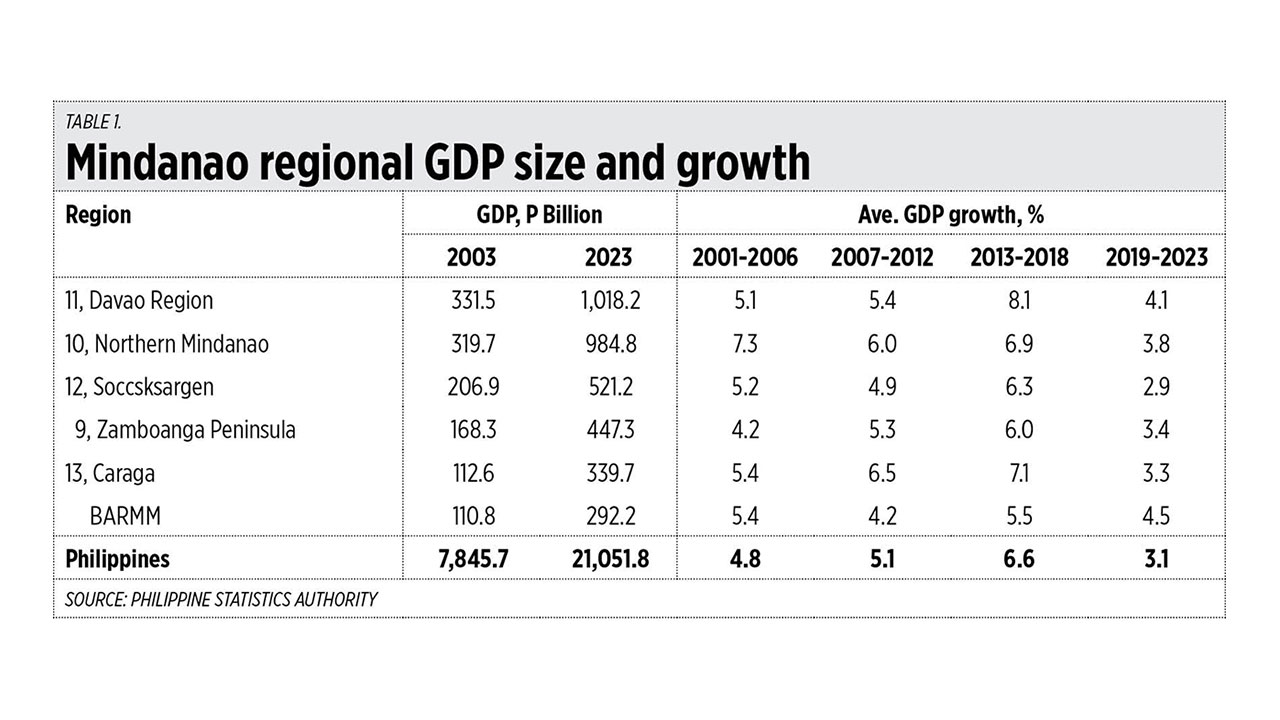


The Bangsamoro Autonomous Region in Muslim Mindanao (BARMM) has been making strides towards economic development, with a reported GDP of P292 billion in 2023, which accounts for only 1.4% of the Philippines' total GDP of P21.05 trillion. Despite this modest share, BARMM's economic growth from 2013 to 2018 was recorded at 5.5%, which is below the national average of 6.6% [1b37edb4].
Recent developments have also seen Sulu no longer being part of BARMM, following a Supreme Court ruling. This change has implications for the region's governance and economic strategies [1b37edb4]. The 20th meeting of the National Government — Bangsamoro Government’s Intergovernmental Relations Body (IGRB) took place on October 11, 2024, co-chaired by DBM Secretary Amenah F. Pangandaman and BARMM Minister Mohagher M. Iqbal. This meeting is crucial for fostering cooperation between the national and regional governments to enhance economic growth and stability in BARMM [1b37edb4].
In parallel, the ongoing political climate in the United States is marked by a significant increase in public debt, which has risen from $1 trillion per year under former President Trump to $2.13 trillion per year under President Biden. As the US elections approach on November 5, 2024, the implications of this debt on international relations and investments are becoming a focal point for policymakers [1b37edb4].
The emphasis on peace and economic growth in BARMM is critical, especially in light of the region's history of conflict. Experts caution against military conflicts that could derail progress and highlight the need for sustained investment and development initiatives to foster stability and prosperity in the region [1b37edb4].
The collaboration between the Japanese government and the UNDP Philippines, which aims to enhance food security and livelihood in the Bangsamoro region, complements these efforts. This initiative seeks to empower marginalized communities and promote sustainable development, aligning with the broader goals of peacebuilding in the region [a6ac831f].
Kamo Sende, a Nigerian lawyer conducting research on agricultural trade law, underscores the importance of trade liberalization and sustainability for small-scale farmers, drawing parallels to the challenges faced in BARMM. His findings suggest that fostering trade can be a pathway to economic empowerment, which is essential for regions like BARMM that are striving for growth and stability [e65b1cda].
As BARMM prepares for the upcoming May 2025 elections, the focus remains on establishing legitimacy and accountability, which are vital for attracting investments and ensuring long-term development in the region [1b37edb4].